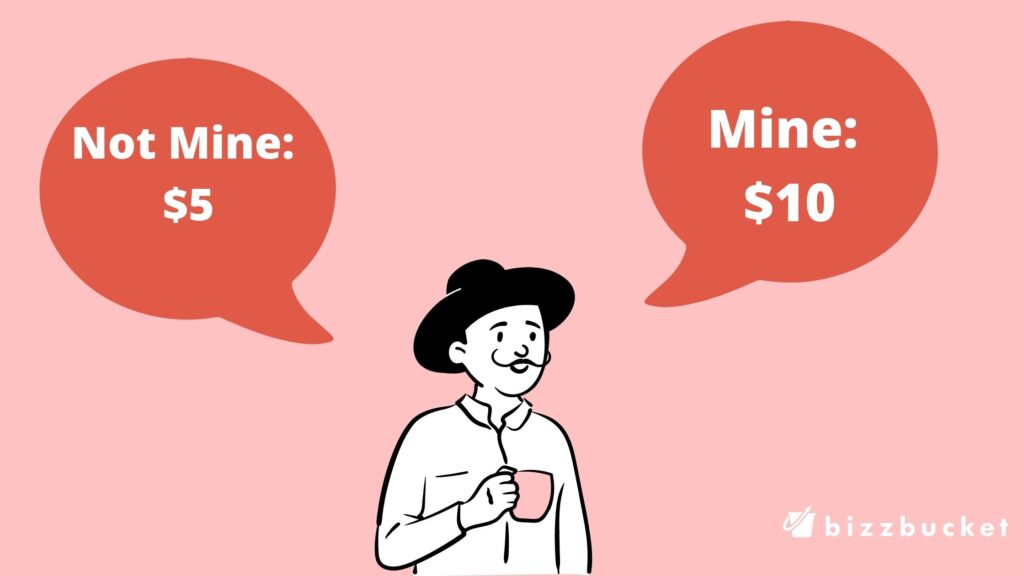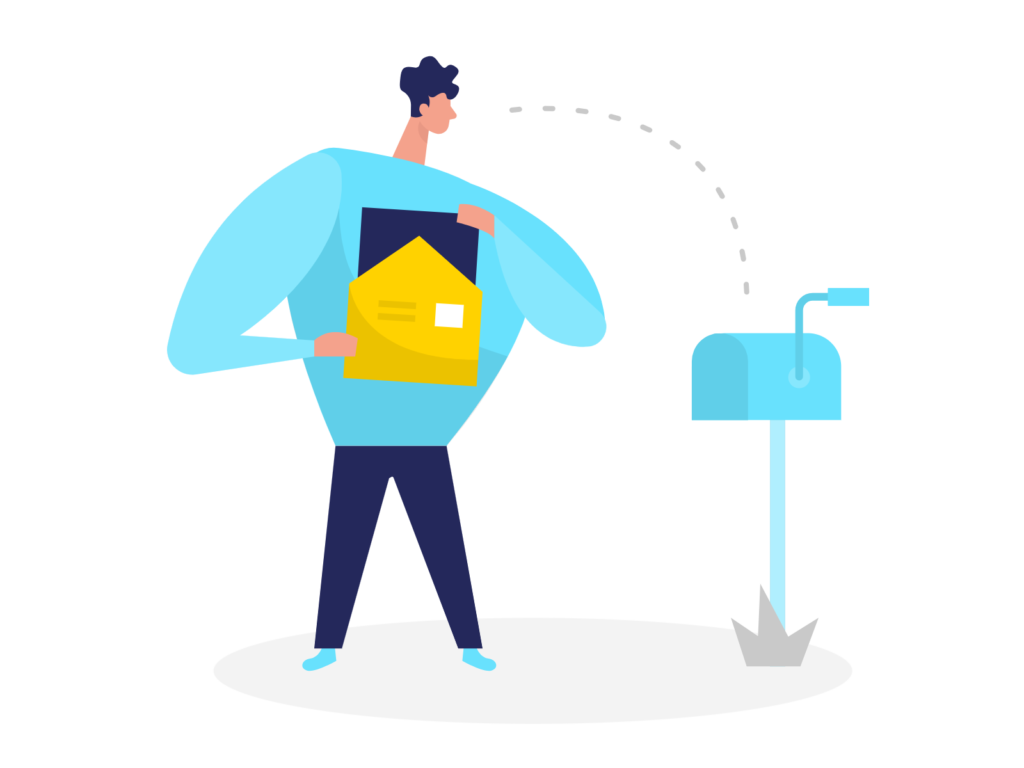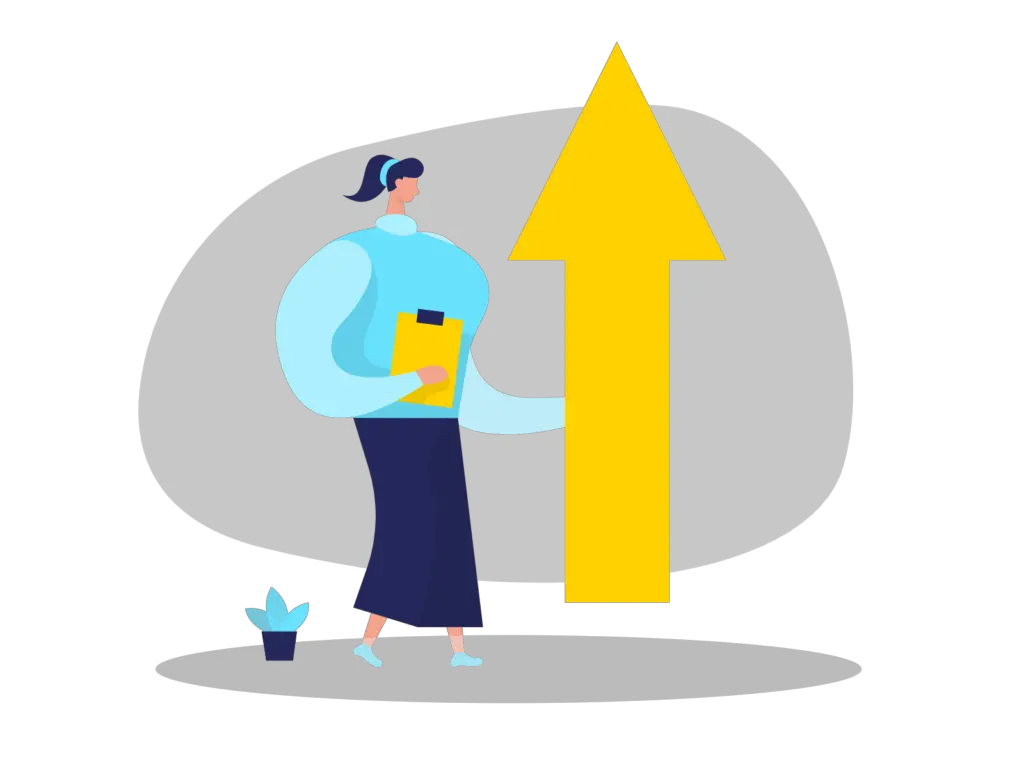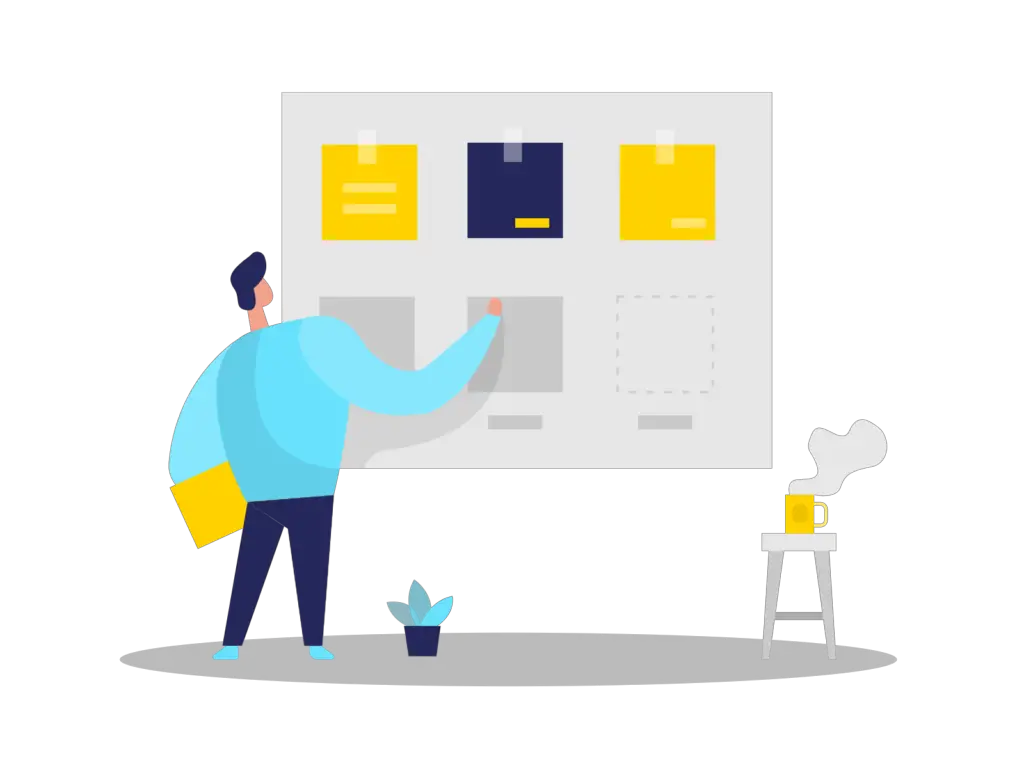Suppose a man named John received a case of wine from his father before he passed away. This case of wine was not very expensive, rather of very modest price. Now suppose a few days later, this person receives an offer from someone to buy this wine case at a price slightly higher price than the market value; he might not sell it.
The ownership over the wine case resulted in that individual overvaluing the wine than what it is actually worth. This rejection of the offer by the person despite the potential monetary gain results from the endowment effect.
The endowment effect often influences owners of collectibles and vintage hand-me-downs to perceive their possessions to be more than their market valuation.
Index:
What is the Endowment Effect?
Divestiture aversion or the endowment effect, or the ownership effect, is a concept in behavioral psychology that describes how humans tend to value an object that they own higher than objects they didn’t own.
The endowment effect highlights the preference that people have. It presents circumstances where an individual places more value on a thing they already possess than the value they might have placed on that same object if they did not own it. This further means that sometimes a seller might try to charge more for a particular item than it would cost elsewhere.

Why does it happen? What causes the Endowment Effect?
- Loss Aversion:
The endowment effect is often associated with loss aversion and ownership. The fact that we own something will make us fear losing it more than enjoying gaining something else.
Since loss aversion plays a vital role in the endowment effect, we tend to stress more on what we may possibly lose rather than what we may potentially gain. As a result, when making some decisions, we remain biased. The result of which could lead to bad decisions leading to severe consequences.
- Under-valuing opportunity costs:
Another aspect that plays a role is under-valuing opportunity costs. These are costs or benefits that we miss when we choose one alternative over the other.
As per the endowment effect, when a seller tries to overcharge a buyer for something they own, it is because they are more focused on losing that item than the money they might miss out on if the buyer doesn’t agree to their price.
- The reference price theory:
A paper by Ray Weaver and Shane Frederick in 2012 on the reference price theory argued that the endowment effect happens as people are in a constant struggle to avoid a bad deal.
It suggests that buyers and sellers have a different reference price or idea about the worth of something when they approach a transaction. As a result of different reference prices, there is a significant gap between a buyer’s eagerness to pay and the seller’s readiness to accept the price. This could be because a buyer will look for the lowest available price as a reference point, whereas the seller will look for the highest ones.
- Extending our liking towards an object:
Another factor that causes the endowment effect is that we extend our liking to an object when we associate with it. Often we are biased towards the things that we associate with. This liking or optimism often leads us to over-valuing an object, thereby bringing the endowment effect into action.
- Psychological ownership:
Last but not least, even though something may not belong to us, yet we may feel that it belongs to us. We may develop a sense of ownership over something that isn’t necessarily ours. Thus psychological ownership over an object can arise quickly.
As a result, it does not take very long for the endowment effect to kick in, as sometimes by being allowed to touch a thing before buying gives people a sense of ownership.
What is the impact of the endowment effect?
The endowment effect is extensively used by businesses, marketers, and salespeople to sell their products. A sales tactic that leads to a sense of ownership or connection with a product is enough to kick in the endowment effect.
As we know, often psychological ownership may lead customers to buy a product even at an escalated price. While as customers, you need to be aware of this, the same applies to a seller too. Thus if as a seller, if you are trying to sell a product, the endowment effect may come in between you selling a used car or match tickets as:
- It may either stop you from selling the car or ticket in the first place as you may attach more value to it and refuse any offer made. Or,
- Due to a higher value attached to it due to our own biases, we may put a price for it, which might be way more than the market value, which may not be acceptable to most of the buyers.
Apart from that, the endowment effect may lead to managers and business owners making bad decisions blinded by their inherent bias and the false escalated value they attach to an object. Therefore, for a seller or business, the value lies in capitalizing on the endowment effect and making buyers buy your products through psychological ownership and associating your products with them.
How do businesses avoid the endowment effect? Can businesses use it to their advantage?
There are certain ways in which businesses can avoid falling victim to this effect.
- Set up prices that are reasonable. Even though the endowment effect will tempt you to set a higher price for a product or a specific object, try to set a price that will be viable for the customer. If the price of a product that you are selling at $150 is $100 in the market, no customer will buy it from you, as your biased value for an object is not reasonable for them.
- Take suggestions and opinions from unbiased professionals while setting the price for a product.
- Keep an open mind towards changes, even though the endowment effect is associated with an inherent bias of sticking to a status quo in order to avoid any potential loss. Keeping an open mind and accepting a change might open gates for potential gains for you.
- Look for opportunities where you can use the endowment effect to your advantage by triggering a sense of ownership amongst buyers. Explore offers like free trials and try and buy to attract buyers.
The sense of ownership and belonging is deep-rooted in the human psyche, and so is the endowment effect. However, we are all rational people, and we must understand that selling the wine case when we are getting a reasonable offer is a wiser option than keeping it with yourself for eternity.
So the next time you see a John, ask him to think twice and be wise.
Do Share Your Thoughts:
Do tell us all your thoughts in the comments section below, we look forward to reading all the comments in the section below.
Also, do check useful Startup Resources and Tools below and do join our newsletter 📰 for free for more interesting Business Case Studies 💰, Startup Insights 🚀, and Startup founders podcast 🎙️ delivered to your inbox every Sunday morning.
Do follow us:
Related Articles:
- What is the Availability Heuristic and how does it impacts your business?
- What is a Representative heuristic and how does it impacts your business?
- Status Quo Bias: How it impacts your business?
- What is Sunk Cost Fallacy and how does it impact your business?
- Gambler’s fallacy: Why it matters in business?
- Decoy effect: Why it matters in business?
- Dunning Kruger effect: Why it matters in business?
- IKEA effect: Why it matters in business?
What is Endowment Effect?
The endowment effect highlights the preference that people have. It presents circumstances where an individual places more value on a thing they already possess than the value they might have placed on that same object if they did not own it.
Whats the example of Endowment Effect?
The endowment effect is extensively used by businesses, marketers, and salespeople to sell their products. A sales tactic that leads to a sense of ownership or connection with a product is enough to kick in the endowment effect.




